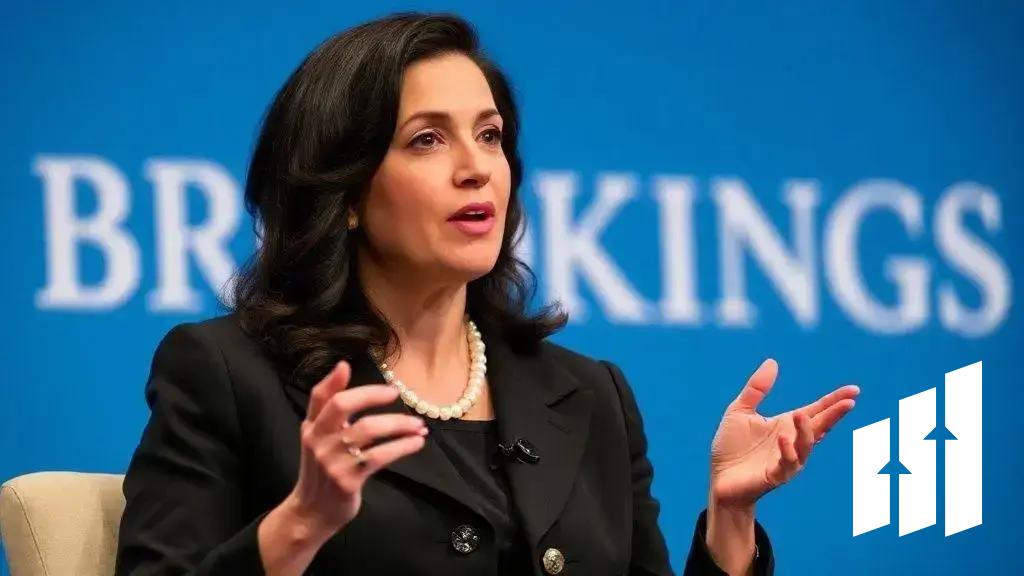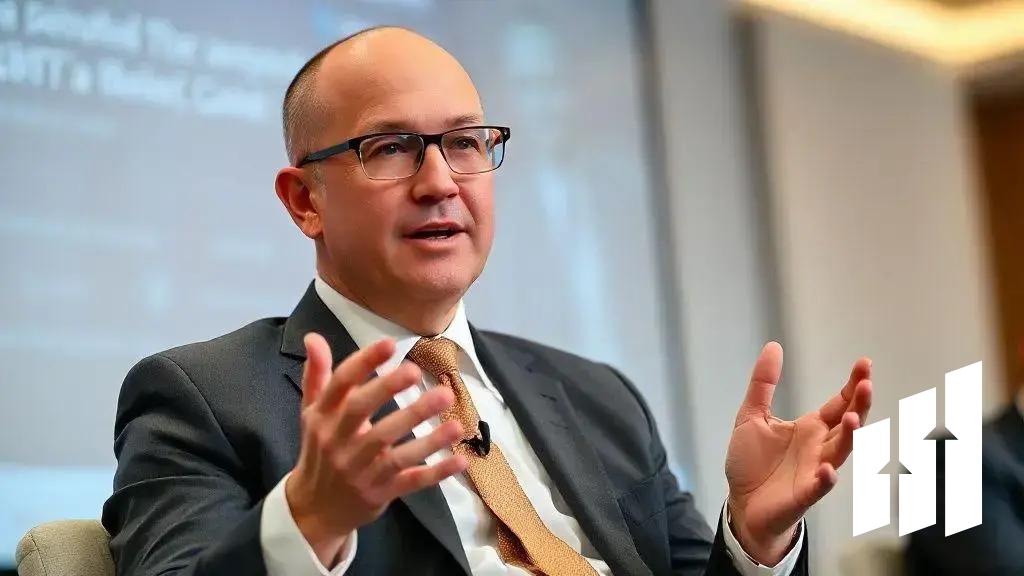Fed officials have raised concerns about recent interest rate cuts due to ongoing high inflation levels. They fear that lowering rates might fuel further inflation, impacting spending and financial stability. The discussion highlights the delicate balance the Federal Reserve must maintain to manage economic growth and inflation effectively.
Recently, some Fed officials have voiced their concerns about the recent cut in interest rates. They worry this may not be the best move, especially with inflation staying high. Inflation is the rate at which the general level of prices for goods and services rises, eroding purchasing power. Many believe that lowering interest rates could worsen inflation over time.
Why the Dissent?
Higher interest rates usually slow down borrowing and spending, helping to manage inflation. But some officials think that cutting rates now might encourage too much spending. They fear this could lead to rising prices across the board. It’s a balancing act that the Fed must consider carefully.
Some officials argue that keeping rates higher for a bit longer might help stabilize the economy. They believe it’s crucial to watch inflation and economic growth trends before making big decisions.
The Impact on the Economy
The decisions made by the Fed can impact everything from mortgage rates to credit card interest. If rates increase, borrowing costs go up, which can slow down the economy. On the other hand, if rates are cut too quickly, inflation could rise. This is a tricky situation for officials to navigate.
Conclusion
In conclusion, the discussions among Fed officials about interest rates highlight important economic concerns. As they weigh the impacts of rate cuts against high inflation, striking a balance is vital. It’s crucial to understand how these decisions ripple through the economy, affecting everything from loans to daily expenses.
Keeping a close watch on inflation and making educated choices can help steer the economy in the right direction. Ultimately, these debates shape financial stability for everyone. Understanding these dynamics empowers individuals to navigate their financial journeys more confidently.
FAQ – Frequently Asked Questions about Interest Rates and Economic Impact
What are interest rates?
Interest rates are the cost of borrowing money, usually expressed as a percentage. They influence how much individuals pay for loans and mortgages.
Why are Fed officials concerned about cutting interest rates?
Fed officials worry that cutting interest rates too quickly might lead to higher inflation, which can affect the overall economy negatively.
How do interest rate changes affect my finances?
Changes in interest rates can impact loan rates, credit card interest, and mortgage costs, thereby affecting your monthly expenses.
What is inflation?
Inflation is the rate at which the general level of prices for goods and services rises, eroding purchasing power.
How does the Federal Reserve determine interest rates?
The Federal Reserve assesses economic conditions, inflation trends, and employment rates to make informed decisions about adjusting interest rates.
What happens if interest rates remain low for too long?
Prolonged low interest rates can lead to excessive borrowing and spending, potentially resulting in higher inflation and economic instability.


 China’s Central Bank Revives Bond Market with Strategic Purchases
China’s Central Bank Revives Bond Market with Strategic Purchases  South Sudan Appoints Barnaba Bak Chol as New Finance Minister
South Sudan Appoints Barnaba Bak Chol as New Finance Minister  Malaysia Reinforces Sovereignty Amid US Trade Deal Concerns
Malaysia Reinforces Sovereignty Amid US Trade Deal Concerns  Risks to Labor Market Seen as More Serious than Inflation Threats
Risks to Labor Market Seen as More Serious than Inflation Threats  Fed’s Miran Advocates for Less Restrictive Monetary Policies
Fed’s Miran Advocates for Less Restrictive Monetary Policies  ECB’s Nagel Maintains Economic Outlook with December Options Open
ECB’s Nagel Maintains Economic Outlook with December Options Open